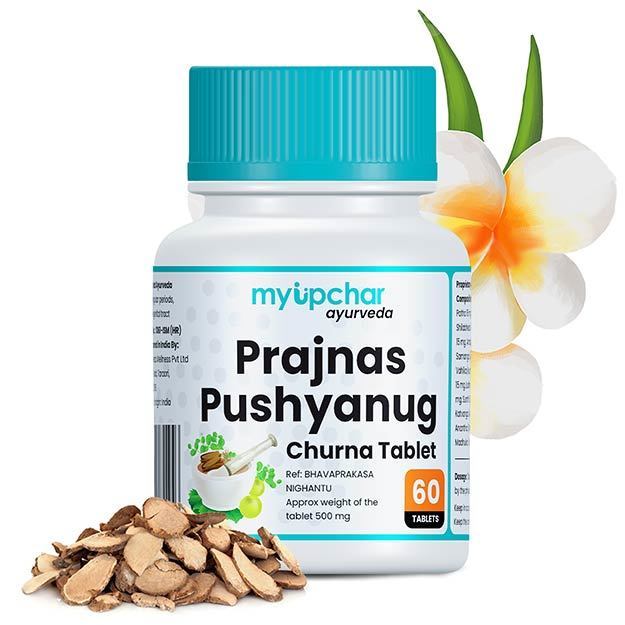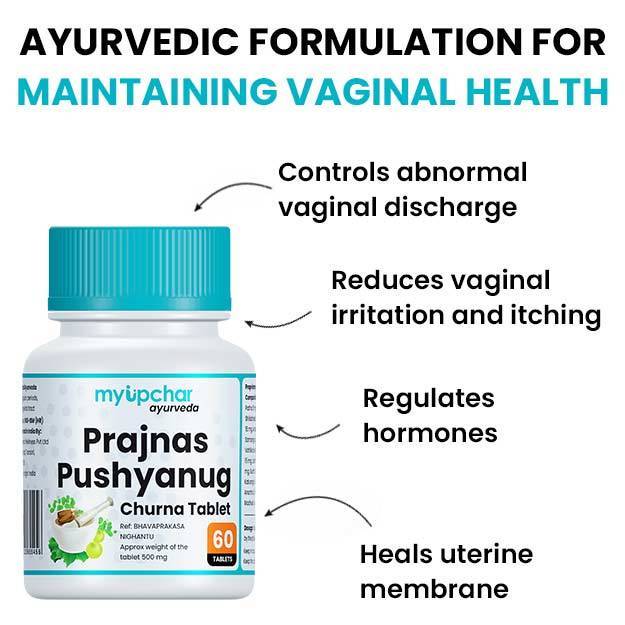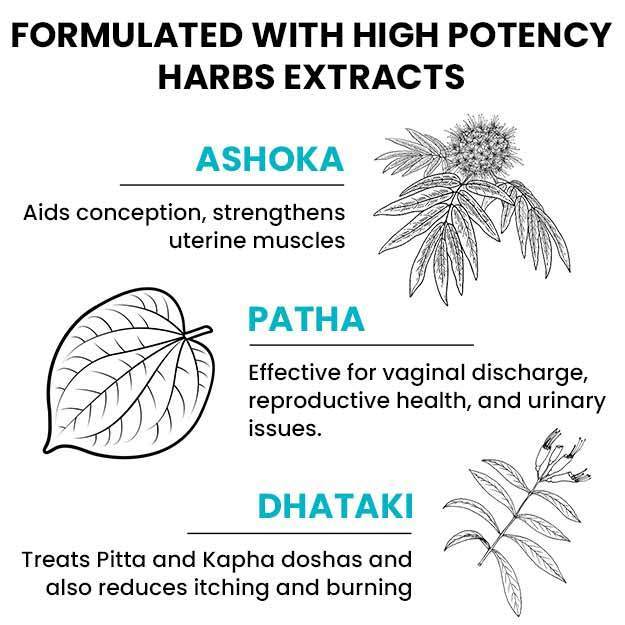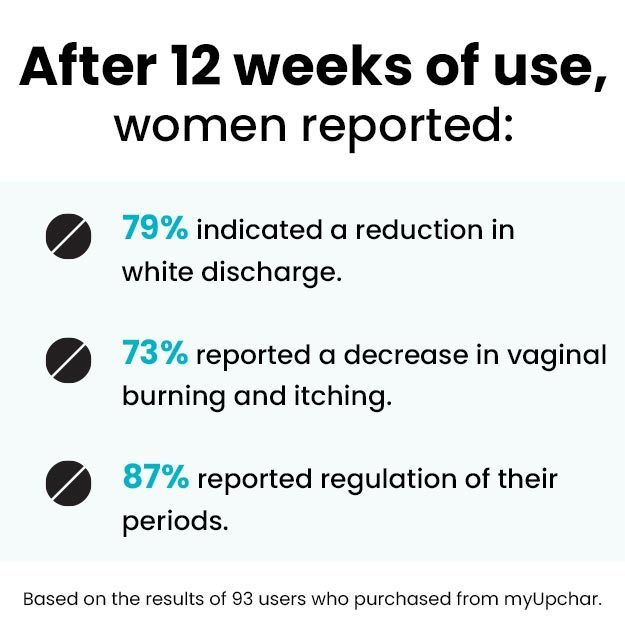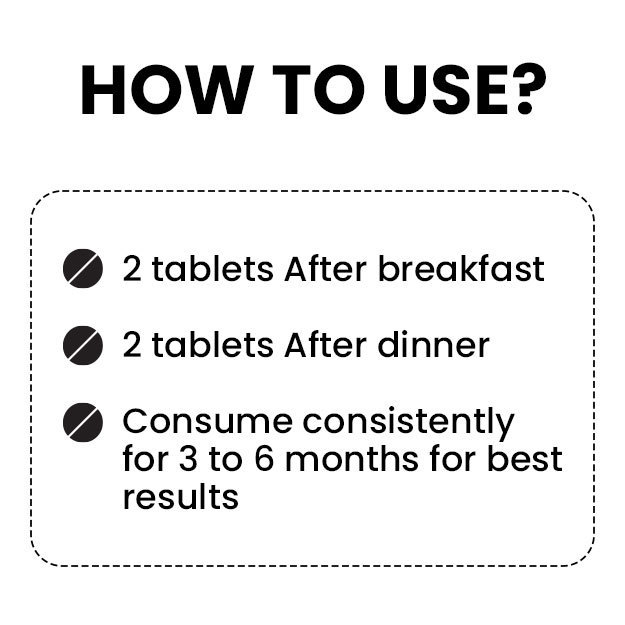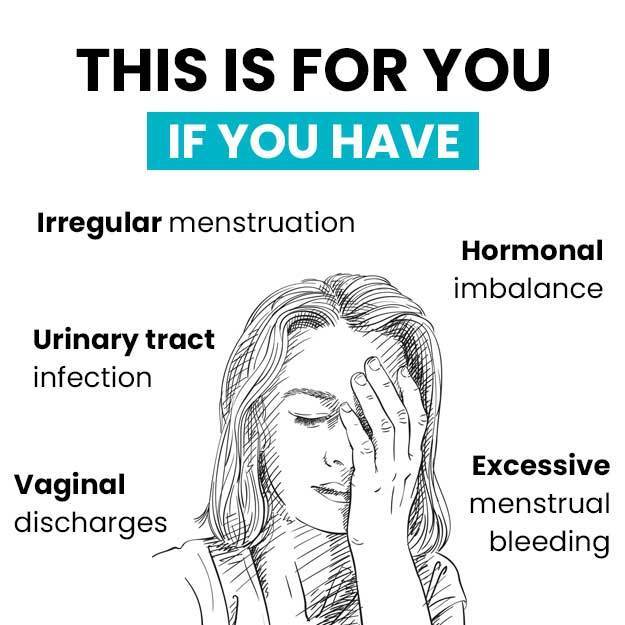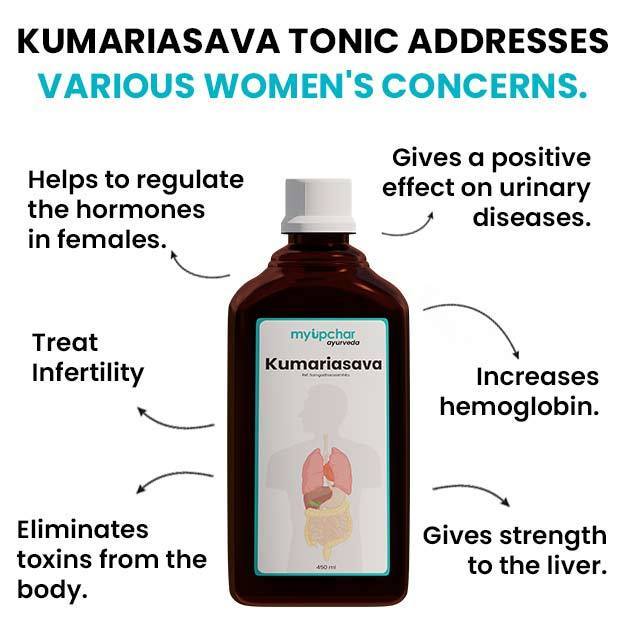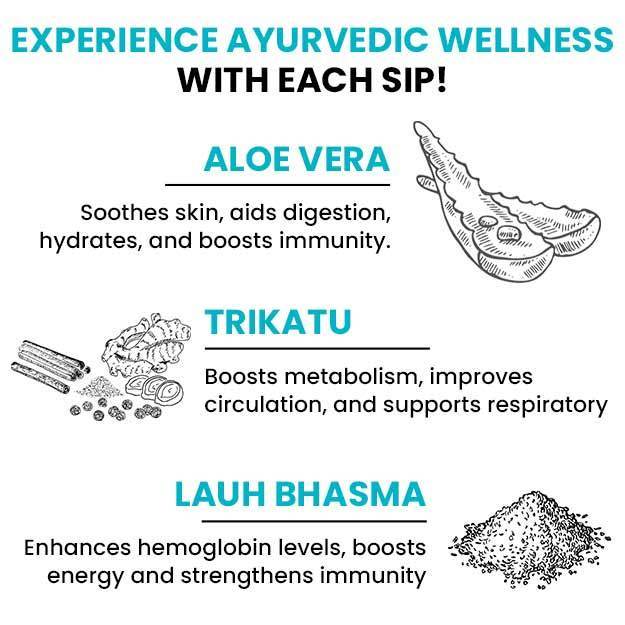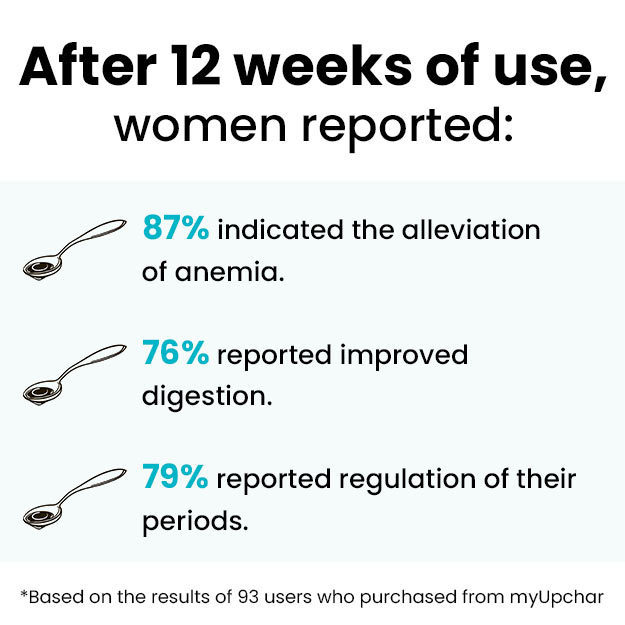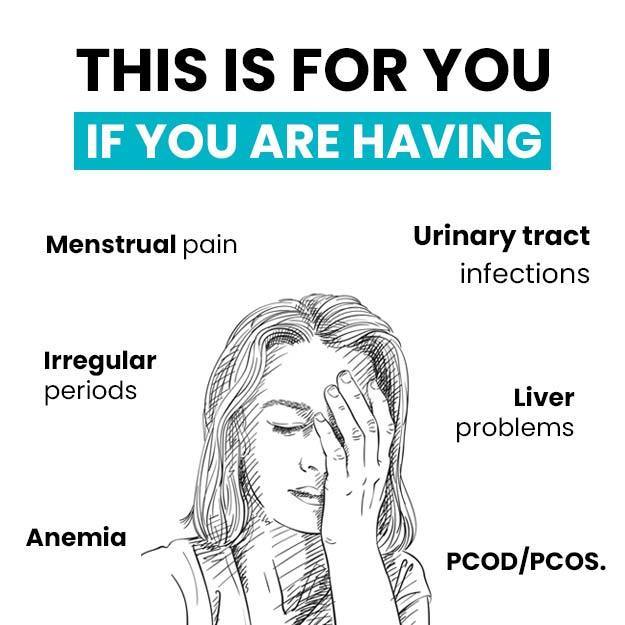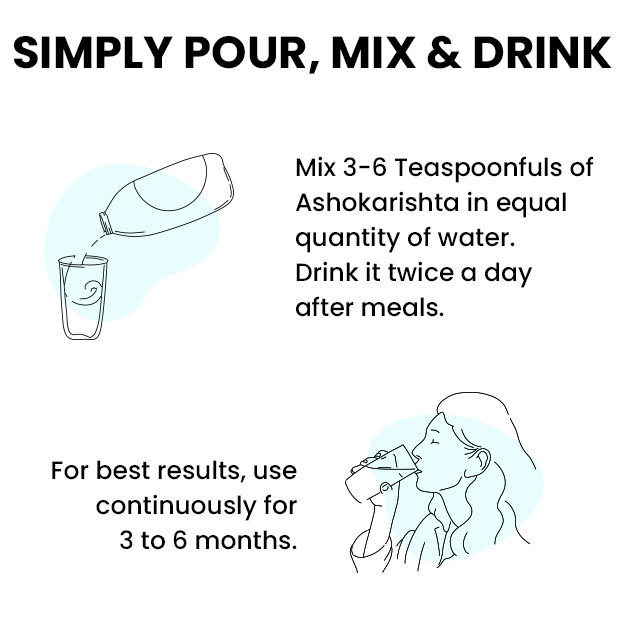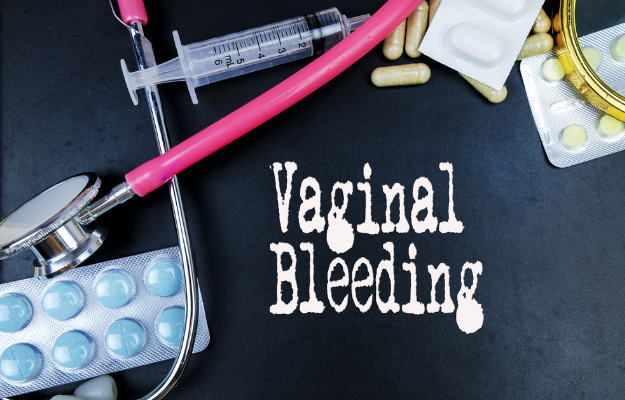Periods or menstruation is an essential part of women's health. It is a very subjective cycle, one might never know exactly when it is going to arrive and how many days it is going to stay. Periods usually vary in occurrence from person to person, sometimes month to month. One can not blindly rely on last month’s period date to predict the current month’s date. It is usually 3 to 4 days earlier or later than the previous menstruation date. However, a woman’s life does not work according to their menstruation cycle, there comes a need to induce a period earlier at times.
This article will discuss all the possible causes for not getting a period on time and methods to induce a period safely and effectively. Continue reading to gather all the knowledge.
(Read more: Indian myths and facts about mensuration)

















